intuition vs logic: navigating the gap between what makes sense and what feels right
what to do when logic and intuition disagree
There's this moment—maybe you know it—when you're standing at the edge of a decision that should be simple but isn't. The facts are laid out before you like ingredients on a cutting board. The analysis is complete. The pros and cons have been weighed and measured. And yet something inside you hesitates, whispers a quiet "wait," refuses to be convinced by your own carefully constructed logic.
This is the moment where we're supposed to choose sides in the great war between intuition and logic. Team Gut versus Team Brain. The romantics versus the rationalists. The feelers versus the thinkers.
But what if the war itself is the problem?
the seduction of simple stories —
We love our binaries because they're clean. They give us an identity to wear like a badge: "I'm a logical person," we say, like it's a moral position. Or "I trust my intuition," as if feelings were a form of rebellion against the tyranny of spreadsheets. These simple divisions are so much easier than admitting we're fumbling around in the dark most of the time, trying to make sense of signals we barely understand. There's something almost comforting about declaring allegiance to one side or the other.
I've been both versions of this person, sometimes within the same hour. The one who made elaborate pros and cons lists for everything, convinced enough data will reveal the obviously correct choice. The one who dismisses analysis entirely, trusting that some deeper wisdom will emerge from the mysterious depths of the unconscious—like my gut would guide me toward some mystical truth that mere thinking couldn't access.
Both versions were wrong. Or rather, both were incomplete.
The purely logical, data-me ignored the fact that I am not a static variable in my own equation. My preferences shift like weather patterns. My values evolve in ways that would make past-me unrecognizable. What I thought I wanted at the beginning of any analysis might not be what I want by the end. Logic without self-knowledge is just elaborate self-deception dressed up in the costume of rationality.
The purely intuitive-me ignored the fact that my gut is not some pristine oracle whispering eternal truths. It's been shaped by every fear, every trauma, every half-remembered lesson from childhood. Sometimes what feels like wisdom is just anxiety wearing a very convincing disguise.
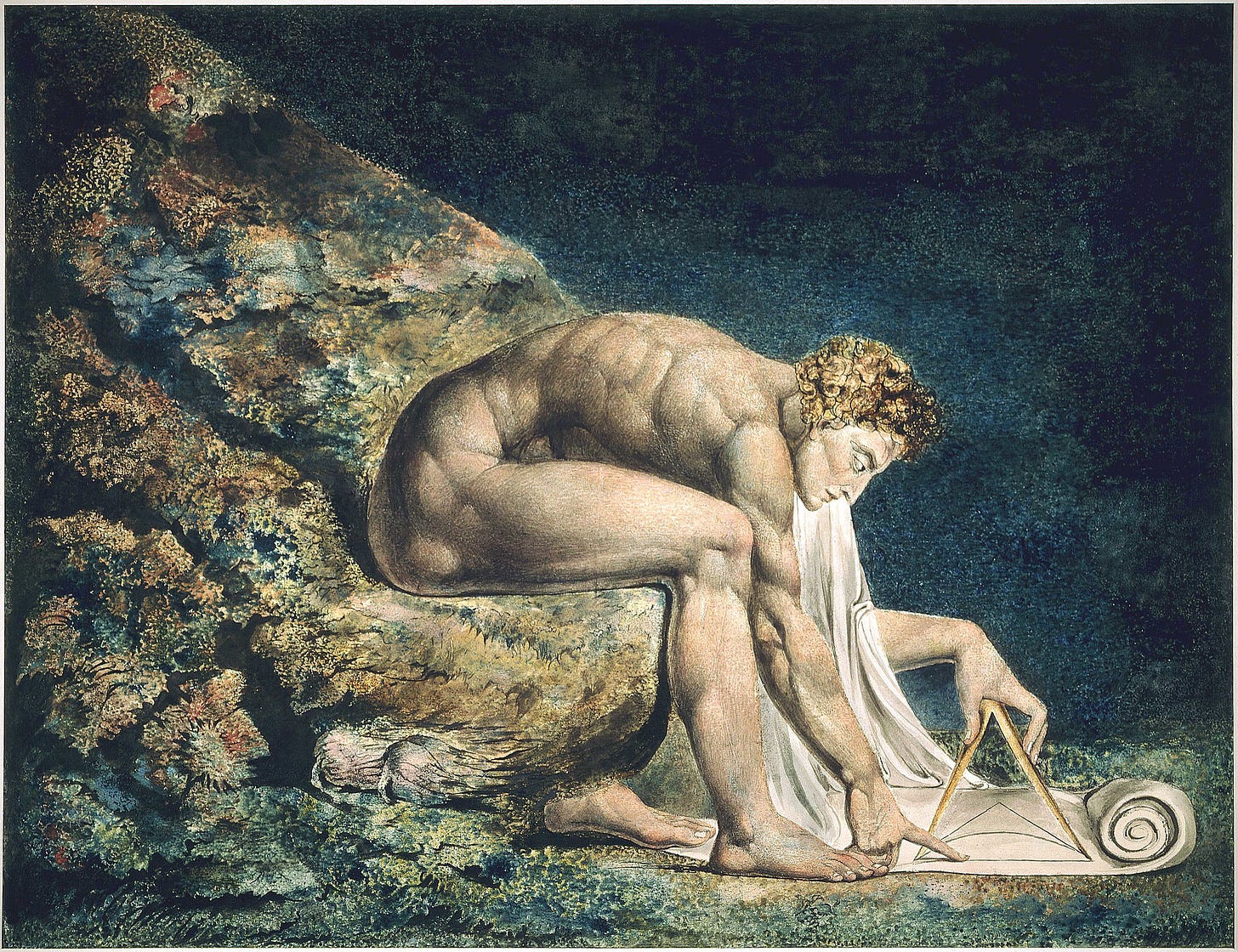
the myth of pure instinct —
We tend to romanticize the idea of untrained instinct. The entrepreneur who "just knew" their startup would succeed. The artist who follows their muse without question. The mother who senses danger before it appears.
But the thing is, the people whose intuition seems most reliable aren't the ones who've abandoned thinking entirely. They're the ones who've done so much thinking, so much observing, so much pattern recognition that their conscious mind has taught their unconscious what to look for.
The firefighter who senses a building is about to collapse isn't channeling mystical energy. They've internalized thousands of tiny signals—the way smoke moves, the sound of settling beams, the feel of heat through their gear. Their "gut feeling" is actually the culmination of extensive training compressed into a flash of knowing.
We marvel at the seasoned poker player who can read a tell in a micro-expression, the experienced teacher who knows which student is struggling before they raise their hand, the veteran nurse who senses something's wrong before the monitors start beeping. What looks like magic is actually pattern recognition refined through thousands of repetitions. Their intuition is logic that has gone underground, so deeply integrated it feels like instinct.
But pure logic has its own blind spots, too. I think about all the times I've built perfect arguments from false premises, optimized for outcomes I didn't actually want, made decisions that looked flawless on paper but felt wrong in my bones.
The problem isn't logic itself—it's logic divorced from the messy reality of being human. We're not computers. We're not consistent. We're not even particularly good at knowing what we want. Any system of reasoning that doesn't account for these facts isn't rational at all—it's just pretend objectivity.
The heart has reasons that reason knows nothing about, Pascal said. But I'd add: reason has blind spots that the heart sees clearly.
the practice of noticing —
So what's the alternative? How do we navigate decisions without falling into either trap?
I keep coming back to the idea of contact. Not the mystical kind, but the mundane kind. The daily practice of paying attention to your own operating system. This is where something like my THE DAILY 5 framework becomes less about self-help and more about data collection—five minutes of stream-of-consciousness writing, not to solve anything or manifest anything, just to observe.
It's boring work. There's no eureka moment, no sudden download of cosmic wisdom. Just the slow accumulation of data about myself. What energizes me and what drains me. The patterns I repeat without noticing. The stories I tell myself about situations before I've even fully understood them.
And gradually, something shifts. The voice that whispers unease about certain choices becomes more articulate. It starts to speak in specifics rather than vague feelings. The analysis becomes more honest because it's informed by actual self-knowledge rather than who I think I should be.
trusting (by training) your gut —
What I'm learning is that the best decisions come from neither pure logic nor pure intuition, but from something I'm starting to think of as "trained intuition"—a gut that's been educated by experience, observation, and yes, even analysis.
It's the difference between a snap judgment and a considered response. Between a hunch and a hypothesis. Between wishful thinking and genuine insight.
Maybe this is what wisdom looks like… not the triumph of heart over mind or mind over heart, but the slow development of discernment. The ability to hold multiple sources of information—logical, emotional, somatic, intuitive—and let them inform each other. It's messier than the clean binary we're offered. It requires more of us.
But this isn't just philosophy. It's practice.
The next time you're standing at the edge of a decision—ingredients laid out, analysis complete, but something inside you hesitates—try this: Don't rush to pick a side. Instead, get curious about the gap between what makes logical sense and what feels right.
It’s not about finding the "right" answer. It's about developing the capacity to hold complexity without immediately collapsing into the comfort of simple stories. It's about building informed instinct—a gut that's been trained by truth, and a mind that's been educated by the full spectrum of your actual experience.
Because the best decisions don't come from picking a side. They come from integration. From the patient work of becoming someone who can think and feel simultaneously, who can analyze and trust, who can be both rational and intuitive without apology.
That might be the most practical skill any of us can develop.
XO, STEPF



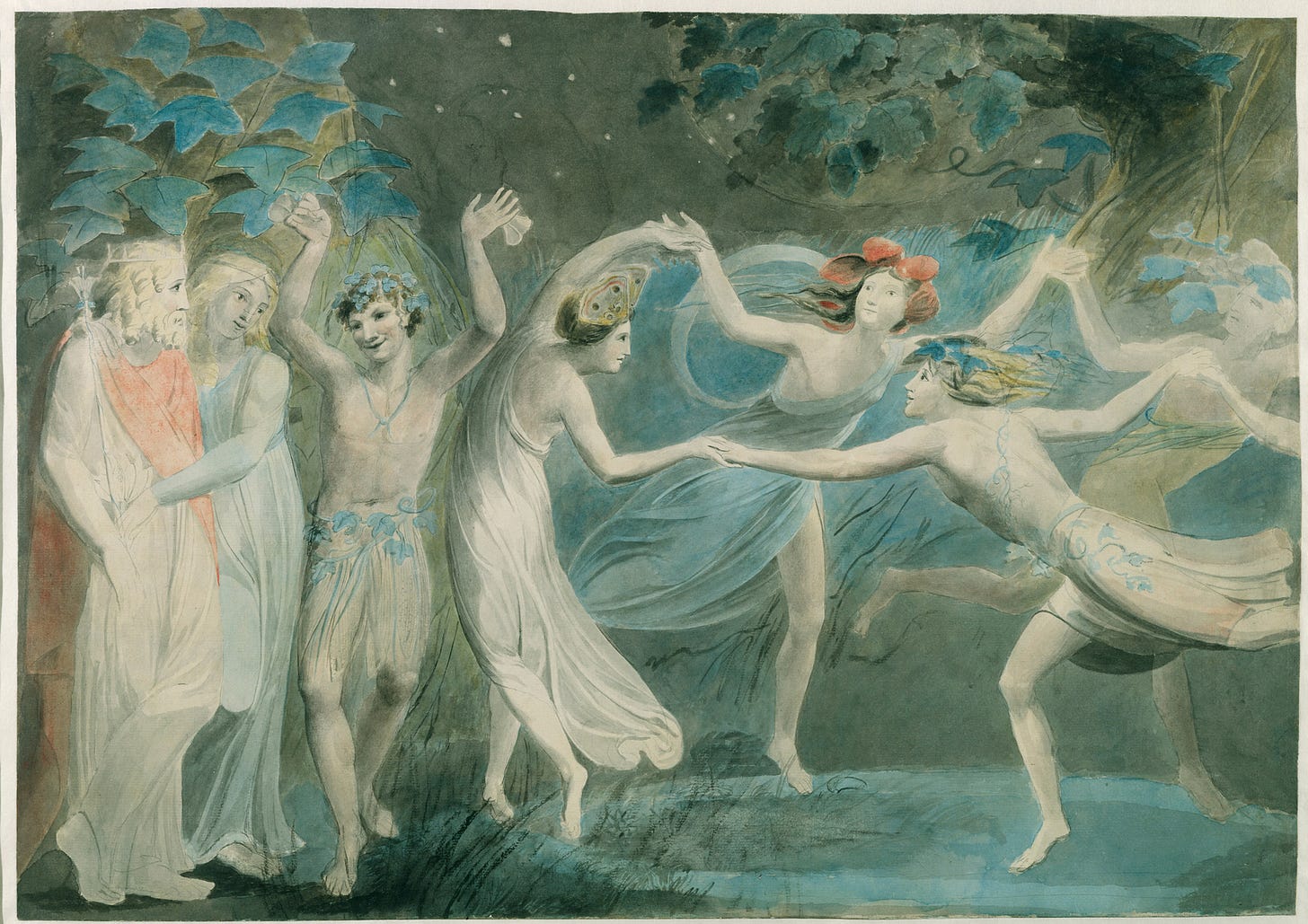

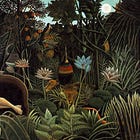
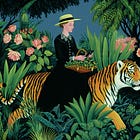
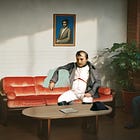

This is one of the most grounded explorations of instinct I’ve read in a long time. We romanticize the binary because it makes us feel stable—like we’ve chosen a side that protects us from uncertainty. But real discernment doesn’t flatter the mind or the heart—it demands both be honest. The line about intuition being trained by repetition hit home. Integration is messy, slow, and often thankless… but it’s the only thing that holds up in real life. Beautifully said.
Thank you for sharing your well-thought-out and heartfelt text. I would add two other variables. One is the locus of control. You located intuition within the person, their gut, which we should also note is comprised of microbiota that are non-human. As humans, we are embodied, and we are embedded in a culture and, of course, in the natural world. In my mind, my intuition arises from that intersection of my internal world and my existence in a reality that is beyond me. I don't think of it as mystical but rather as a manifestation of life forces that operate on a different scale, physically and temporally. Intuition, for me, is the communication between my embodied self and the larger world in which I am embedded. So, in a sense, my intuition is a manifestation of belonging to that world, an attempt to communicate a path or a decision that aligns better with that world. What I do with that communication is entirely up to me. The second variable is trust. Do you trust your intuition? I do. So for me, the rational and irrational modes play significantly different roles. In short, I allow my intuition to provide the direction, and I use my rational mind to draw the map and create the plan. So far, so good. I have a happy life.